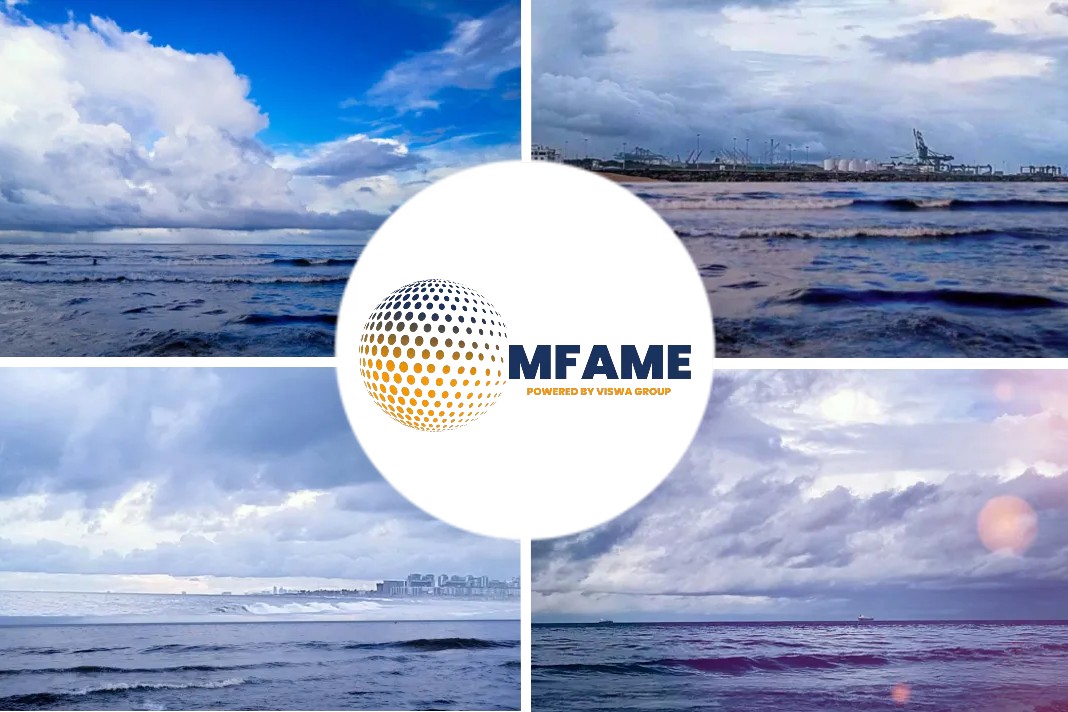- Swiss energy storage solutions provider Leclanché has obtained recertification from classification societies DNV and Lloyd’s Register (LR) for its Marine Rack System (MRS-2) operating on the 65 Ah lithium-ion pouch cells.
- As informed, the certification upgrade from DNV was approved in late January 2022 while the Lloyd’s Register type approval for the company’s 60 Ah and 65 Ah cells was granted in October 2021.
A recent news article published in the Offshore Energy states that DNV, LR certify battery storage system for electric and hybrid vessels.
Modular and scalable lithium-ion battery system
MRS-2 is a modular and scalable lithium-ion battery system that incorporates multi-layer safety measures from cell to system including its proprietary battery management system (BMS) which provides real-time access to battery status, performance and diagnostic data via a comprehensive user interface.
The system is available in four standard rack heights to suit varying size battery room footprints. Pack voltages are available up to 1100 V DC and the system comes with a 230 VAC power supply or an insulated DC/DC power supply, Leclanché explains.
Integrated cooling and firefighting systems
The MRS also features integrated cooling and firefighting systems and Leclanché’s liquid-cooled battery systems provide improved safety, longer battery lifetime, smaller footprint/larger energy density, better heat transfer and lower energy consumption.
Commenting on the certification, Anil Srivastava, CEO of Leclanché, said: “These latest certifications from DNV and Lloyd’s Register confirm the quality, performance and safety built into our Marine Rack System based on 100% in-house technology. From our initial design concept through numerous enhancements over the years, our MRS has proven itself to be a reliable and sustainable alternative to traditional ferry propulsion systems.“
Powering fully electric and hybrid vessels
The company has been providing lithium-ion battery-powered marine systems for some of the most innovative electric and hybrid maritime vessels, including Yara Birkeland, knowns as the world’s first autonomous and fully electric container ship.
The vessel is scheduled to soon begin regular commercial operation on a route of around 13 nautical miles (24 kilometres) off the coast of Norway and fully powered by Leclanché’s 5 MWh battery system.
Other company’s projects include Grimaldi Lines, which is now operating six of nine hybrid RoRo ferries, all equipped with 5.1 MWh Leclanché battery systems and E-ferry Ellen, a 100% electric car and passenger ferry with a 4.3 MWh capacity battery system allowing it to travel up to 22 nautical miles on a single 25-minute fast charge.
MRS-2 also powers the Wasaline Aurora Botnia car
MRS-2 also powers the Wasaline Aurora Botnia car and passenger ferry, one of the world’s most environmentally friendly roll-on/roll-off passenger ferries using both a liquified natural gas (LNG) engine and a 2.4 MWh lithium-ion battery system.
Finally, North America’s first of their kind all-electric e-ferries,
The Amherst Islander II and The Wolfe Islander IV feature 1.9 MWh and 4.6 MWh capacity battery systems, respectively.
Built by Damen Shipyards Group for the Ministry of Transportation of Ontario, the vessels have been transported to Canada and are expected to begin regular passenger service in 2022.
Did you subscribe to our daily newsletter?
It’s Free! Click here to Subscribe!
Source: Offshore Energy

















